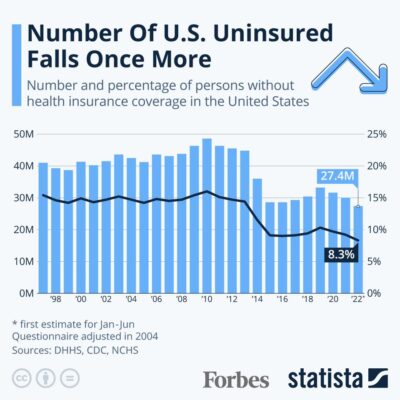Hormone therapy and Alzheimer’s, simple spray for tonsils, bad DIY compounding, and more
19 Jan 2023
Posted by Andrew Kantor
Spraying away the tonsillectomy
Want to reduce the risk of kids needing their tonsils removed? There might be a simple answer: saline spray.
Aussie researchers found that either steroids or plain ol’ saline nasal spray cleared up the kind of “sleep disordered breathing” that often results in a tonsillectomy — 40 percent of the time.
“[T]he study found a substantial number of children with sleep disordered breathing could initially be managed by their GP and may not require referral to specialist services.
Vitamin D and body weight
We know that good levels of vitamin D are important for staving off cancer, heart disease, and stroke (and rickets, of course), but it seems that the size of the benefit is related to the size of the patient.
Researchers from Brigham and Women’s Hospital found that yep, vitamin D supplements were generally a Good Thing, but “There seems to be something different happening with vitamin D metabolism at higher body weights.”
It turns out that for people with a low BMI, they found “30-40 percent reductions in cancer deaths, autoimmune diseases, and other outcomes with vitamin D supplementation.” But for people with a high BMI, the vitamin D wasn’t being metabolized as well — what they called “a blunted response to vitamin D supplementation.”
They need more research (of course), but at the moment the takeaway is that larger folks might need to have their vitamin D levels checked more often to find the right supplement dose.
Peds meds coming back
Walgreens has removed limits on pediatric fever meds from over-the-counter sales. That is all.
Hormones can fight Alzheimer’s
Bioidentical hormone therapy (BHT, aka hormone replacement therapy; HRT) isn’t just for mood issues or sexual health — it can also help prevent women from contracting Alzheimer’s.
The British study that found this is preliminary, but it seems to be related to the APOE4 gene — “the strongest risk factor gene for Alzheimer’s disease.”
“We found that HRT use is associated with better memory and larger brain volumes among at-risk APOE4 gene carriers. The associations were particularly evident when HRT was introduced early — during the transition to menopause, known as perimenopause.
Pro tip: Off-the-shelf BHT doesn’t work for everyone, so — if you’re not a compounding pharmacist yourself — this could be a good reason to strike up a relationship with one. Adding the “c” to BHT is kinda their jam.
Don’t wait
Tomorrow we’ll tell you how procrastination is linked to poor mental and physical health.
How chemo can help cancer
New cancer cells often die from “isolation stress” — not having enough oxygen or nutrients. But some overcome it by creating a receptor protein called LPAR4. Then they can start to form tumors.
Here’s the rub: UC San Diego pathologists found that “isolation stress is not the only way to trigger LPAR4.” What else can do it? Chemotherapy drugs — they cause the same stress that isolation does, meaning some of the cells it attacks develop drug resistance.
If you’re expecting a big breakthrough in this paragraph, unfortunately that’s not the case. But the finding — why tumors become chemo-resistant and how chemo can cause that — could itself be a big deal.
You’re a compounder! You’re a compounder! Everyone’s a compounder!
Can’t get hold of Wegovy — either because you don’t have a script or it’s just out of stock? Fear not! You can just order semaglutide or tirzepatide online and make your own injection! What could possibly go wrong?*
At least a dozen websites that specialize in a class of protein-related products called peptides now list semaglutide and tirzepatide. Though they say their chemicals should only be used for lab research purposes and not for human use, individuals have been ordering from the websites to make their own injections at home.
But wait, there’s more! What are these people actually getting? Novo Nordisk (semaglutide) and Eli Lilly (tirzepatide) only their drugs except as pre-packaged products; they don’t make the ingredients available for compounding — and certainly not for DIY at-home use. “[I]t’s unclear what exactly is inside the alternative products.”
* Sarcasm. This is sarcasm.
Only 27.4 million to go!
Not only has Obamacare enrollment set a record this year, but we’ve hit another good mark: Only 8.3 percent of Americans are now without health insurance. (At one point it was an embarrassing 20+ percent!)
The drop in uninsured is largely a result of changes to the Affordable Care Act as part of the pandemic response, followed by those changes being extended in the Inflation Reduction Act.



